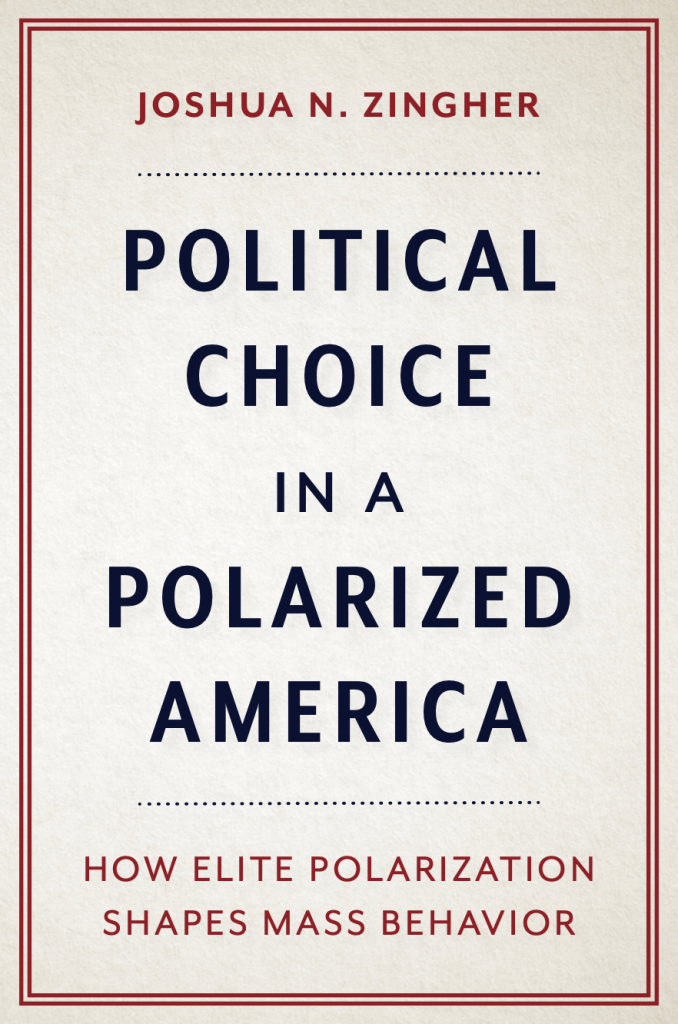Courses Taught
Graduate:
IS 620: Advanced Statistical Techniques for International Studies
This course provides an introduction to the use of advanced statistical techniques for the analysis of social science data. The basic objective of the course is to give students a working understanding of multivariate analysis, with a particular focus on the techniques and problems associated with multiple regression. Throughout this class, emphasis will be given to the application and interpretation of statistics rather than the theoretical derivation of statistical formulae. Upon completion of the course, students will possess a conceptual understanding of statistical analysis and will be well prepared to utilize statistical techniques in their own work, to understand and evaluate the use of statistics in the work of others, and will have a strong base from which to learn and apply more specialized statistical techniques.
IS 600: Research Methods for International Studies
IS 600 is an introduction to research methods and epistemological issues for international studies. We will begin with a discussion of more epistemological issues in the social sciences including an overview of relevant perspectives from the philosophy of science, the nature of theory and causation, the making of arguments, case study analysis, and the emerging role of modeling and simulation in the study of international relations. We will then move on to an introduction to the basic quantitative analytic methods that students of international studies are likely to encounter. Here students will learn the basics of quantitative analysis and data management, as well as get some experience with statistical analysis software.
Undergraduate:
POLS 418/GEOG 418: Quantitative Methods
This course is a survey of and practicum in the basic techniques of quantitative research, including measurement, data description, hypothesis testing, and the use of appropriate statistical techniques. This hands-on course uses STATA, a software package of standard statistical methods, to help you analyze data and report findings. Although the course involves some math, it focuses on the practical applications of those statistical methods that you will find commonly used in the social and physical sciences. Students will undertake practical book and computer exercises that require critical thinking and analytical skills. The course covers a variety of topics in quantitative methods, including the identification and development of concepts; formulation of hypotheses and specification of corresponding models; use of descriptive statistics including graphs and cross tabulation; techniques of sampling and corresponding logics of inference; measurement of associations and tests of significance; and bivariate, multivariate, and logistic regression. When the student has completed the course, he or she will possess (a) a working knowledge of basic statistical techniques in social and physical sciences; (b) the knowledge to read, comprehend and criticize existing studies that utilize these techniques; and (c) the skills to apply these statistical techniques, in conjunction with STATA, to test hypotheses as part of a comprehensive research design.
POLS-GEOG 418 Fall 2018 Syllabus
POLS 434: Political Participation in the United States
This course is designed to give students an in-depth understanding of the various dimensions of political participation in the United States. Central to this course is the act of voting, which is the cornerstone democratic institution. Students will gain an understanding of how individuals form political attitudes and how these attitudes are manifested in the voting booth. In addition, students will also gain an understanding of what leads others to engage in other forms of political participation, such as volunteering for political campaigns and joining interest groups. As part of this course, students will be asked to develop their analytical skills through a combination of data analysis, critical reading of scholarly works, and a full-fledged research paper.
Political Science 434 Syllabus Fall 2018
POLS 308/GEOG 308: Research Design
Research Design 308 is a research methods course taken by all political science and geography majors. As a ‘fundamentals’ course in major requirements and a general education information literacy course, this class should be taken early in your academic career. In this course you will learn how to locate, access, and evaluate the information you need to answer research questions, and will study the logic of drawing appropriate inferences as it is applied in the fields of political science and geography. In order to develop the ability to identify, evaluate, apply, and ethically use information we will study how to approach and define problems; how to frame research questions; how to gather information and data, and evaluate the accuracy of that information; and how to structure information into a summative research project. The course examines the tools used by political scientists and geographers and explores the mechanics of research presentation and writing to help majors prepare for successful completion of upper-division requirements.



Recent Comments